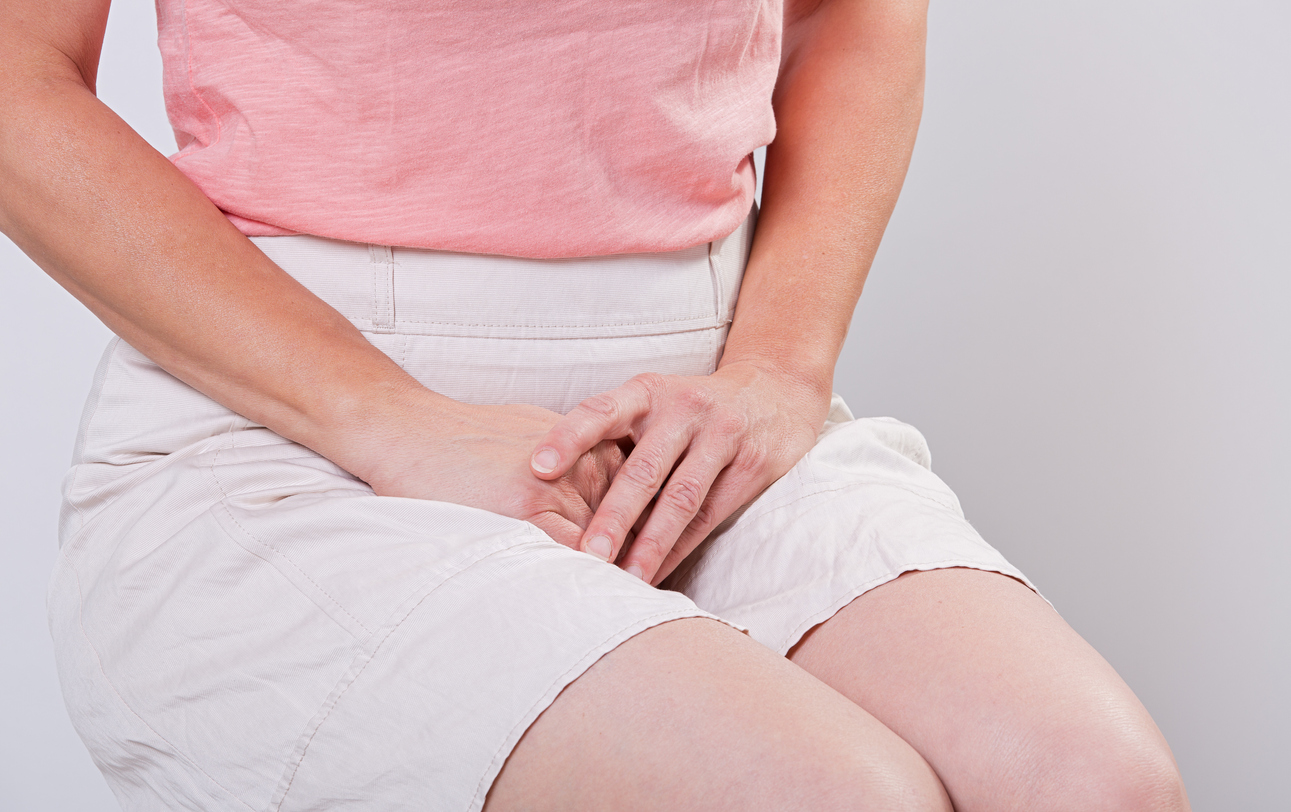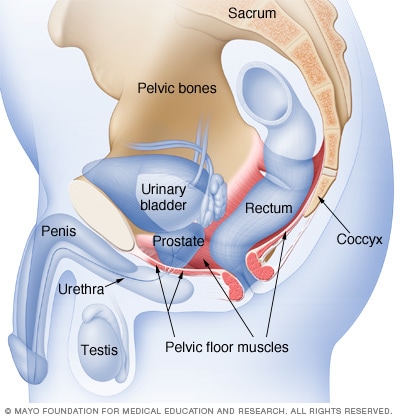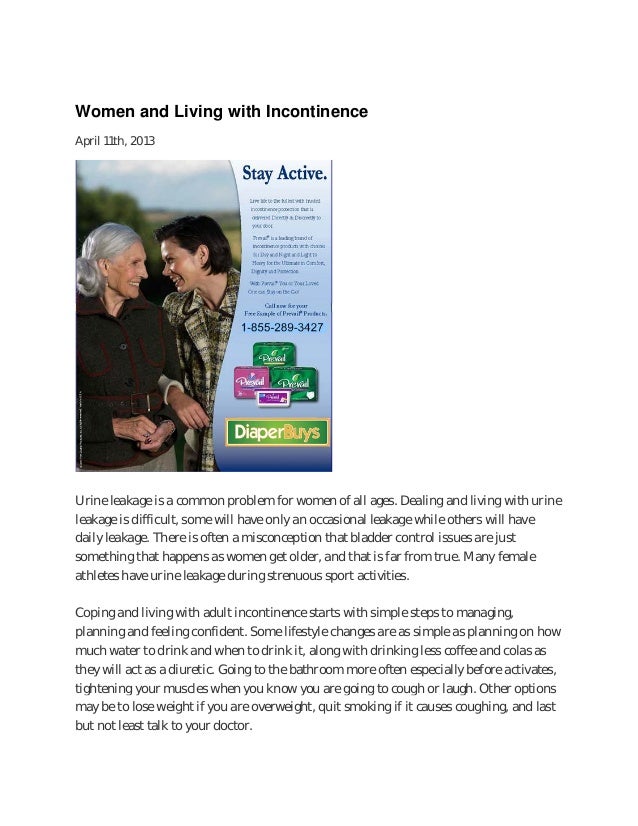Occasional Urine Leakage
Who knew? The urinary bladder is a multitasking organ. First, the bladder acts as a reservoir or “storage tank” for urine, which is the waste byproduct of blood filtration done by the kidneys every day. The bladder also has a role in the complex task of emptying; it contains muscles that aid in controlling voluntary urination. Most of us are typically unaware of our bladder’s inner workings—until we’ve finished an especially large cup of coffee. In other words, a happy bladder is one that you are not even aware of. They say, “An ounce of prevention is worth a pound of cure.” This is especially true when it comes to bladder health. Since even a simple infection can wreak havoc on the genitourinary system, maintaining and promoting meticulous bladder health is vital.
- If you have this type, activities that raise the pressure inside your abdomen cause urine to leak through the ring of muscle in your bladder that normally holds it in. Coughing, sneezing, jumping and lifting heavy objects could lead to a leak.
- Bladder Leakage Diagnosis. A bladder leakage diagnosis requires more than just experiencing frequent urination and leaks during the day and night. A proper diagnosis will determine the type of urinary incontinence as well as the appropriate course of treatment.
Here are some simple pearls to help keep your bladder happy.
Urinary incontinence often results in the accidental leakage of urine from the body, so it can be uncomfortable and inconvenient. A man can feel a strong, sudden need to urinate just before losing.
1. Maintain a healthy weight.
A healthy BMI (body mass index) will help prevent occasional bladder leakage and urgency. The heavier you are, the more weight will press on the bladder, making it more likely you’ll experience bladder control issues.
2. Look at the menu carefully.
Be mindful of dietary choices since some foods can be bladder irritants and worsen bladder control. Typical culprits include chocolate, spicy foods and acidic foods, such as tomatoes.
3. Urinate regularly.
Do not hold in urine for hours on end. Despite busy lifestyles that leave little time for a bathroom break, holding urine can distend the bladder, creating a reservoir for infection. Frankly, it’s also just really uncomfortable. Try to urinate regularly throughout the day and if you are prone to occasional loss of bladder control, consider regularly timed urination on the clock every two hours while awake.
4. Be smart during cocktail hour.
Alcohol can increase bladder activity, so as with most things, remember: moderation is key.
5. Exercise.
Try performing regular Kegel exercises. These pelvic muscle training activities can improve strength of the pelvic floor muscles and aid with good urinary health. An added bonus: Kegels may also enhance intimacy.
6. Consider a daily bladder control supplement.
Pumpkin seed extract appears to benefit bladder health.* Potential mechanisms include maintaining the strength of pelvic floor muscles, while increasing nitric oxide synthesis. Supplements like AZO Bladder Control® with Go-Less® contain pumpkin seed extract to support healthy bladder control.*
7. Drink up.
Adequate hydration, particularly with water, flushes bacteria through the urinary tract to optimize health. Six to eight glasses per day is a reasonable goal.
8. Be mindful of caffeine intake.
If you suffer from occasional urinary urgency, caffeine might worsen your plight. Caffeine, found in coffee, tea and even chocolate, acts as a diuretic and bladder irritant, and can aggravate these symptoms.
9. Pay attention to your medications.
Be on the lookout for medication side effects, since many drugs can influence bladder health and urinary habits, including those for hypertension and cardiac health. If you notice a correlation, speak to your healthcare provider about modifying dosage or changing medications to improve bladder complaints.
Urine Leakage Pads For Men
10. Get a physical.
See your healthcare provider for regular check-ups and obtain a routine urinalysis test. This test might detect excess sugar associated with diabetes, excess protein, a sign of kidney function, red blood cells suggesting a kidney stone or white blood cells consistent with infection.
And remember—healthy bladder, happy life.
About Dr. Alyssa Dweck:
Dr. Alyssa Dweck^, spokesperson for AZO, is a practicing OB-GYN in Westchester County, NY. She has been voted Top Doctor in New York Magazine and Westchester County. She is proficient in gynecologic surgery, has expertise in female sexual health and provides gynecologic care to women of all ages. Dr. Dweck has co-authored three books. 'The Complete A to Z for Your V: A Women's Guide to Everything You Ever Wanted to Know About Your Vagina—Health, Pleasure, Hormones, and More,' tells women of all ages what they need to know about their own unique health as a woman.
In 2002 a groundbreaking study of nuns shattered the myth that occasional urinary incontinence or loss of bladder control was the result of pregnancy or childbirth. The study looked at nuns who had never given birth and found that these nuns had the same rate of occasional incontinence or loss of bladder control as women in the general population who had given birth.
The same researchers, from the University of Rochester, New York, were excited to dig deeper into the connection not only between occasional incontinence and childbirth, but also genetic factors. They looked at the incidence rates of occasional incontinence once again at the nuns and the same nuns’ married sisters with childbirth. Three years later they released the results of the follow-up study which once again showed that the incidence rate of occasional urinary incontinence between these two groups of women was very similar – again, ruling out pregnancy and/or childbirth as the cause.
As the study evolved, it expanded to also include other sister groups of post-menopausal women: one who had given birth vaginally and one who had not. The conclusion remained the same; there was no increase in incidence risk for occasional urinary incontinence of any kind among the women who had given birth vs. their sister who had not.
Genetic Factors May Contribute to Occasional Incontinence and Loss of Bladder Control
In the follow up study, the researchers analyzed a total of 143 pairs of sisters. They found something very interesting. “Out of every three sister pairs, two had the same status: either both leaked urine, or neither leaked urine,” urogynecologist Gunhilde M. Buchsbaum, MD, the leading investigator of both this and the original nun study, says. “That’s more than you would see by chance.” Genetics clearly plays a role here.
The Pelvic Floor of Each Woman Is Different
Even more interesting was the fact that when there was a divide and one sister had occasional incontinence and the other hadn’t, the researchers were unable to correlate any higher risk between the sister that had given birth and the sister who hadn’t.

While the genetic predisposition may be inherited, every woman’s internal structure is different and may still be influenced by a variety of factors including weight, age, history of urinary tract infections, lifestyle, activity, sexual activity and more.
One researcher Niall Galloway, MD, medical director of the Emory Continence Center at the Emory University School of Medicine in Atlanta, put it this way: “The pelvic floor of one woman is different from another… life is not fair. Some women are going to be able to produce multiple children by vaginal delivery and never have a moment’s setback. Others are going to have a single child, and their pelvic floor will be damaged forever.”
As for the causes of occasional incontinence in women, childbirth seems to not be a major culprit, and other factors may play a much larger role, such as genetics, and an individual’s unique situation. Further studies may help to shed more light on how these factors actually influence women’s risk with occasional incontinence or not. The lesson here is to go beyond the “obvious” answers like “you are incontinent because you had so many children.” Dig deeper. Take charge of your own bladder health.

As a defensive measure, try to strengthen your bladder muscles via proper exercises such as Kegel, Yoga, Pilates, and nutritional support such as Vitamin D, BetterWOMAN, or BetterMAN. Healthy, strong bladder muscle may help to manage bladder control loss and occasional incontinence. Always discuss dietary supplement use with your physician first.
To your health.

Urine Leakage Women
Categorized in: Bladder Control Problems, Incontinence